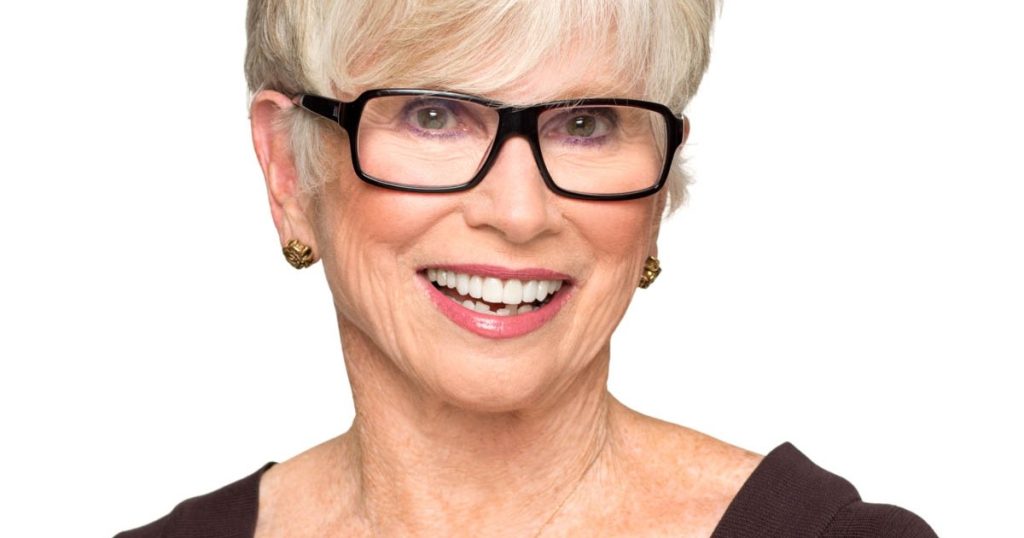By John McDonald and Joanie Harmon, Ed&IS News
Founder of UCLA’s Center X and Institute for Democracy, Education, and Access created the University’s signature teacher education program, committed to creating social justice educators for urban schools.
The famed education philosopher John Dewey believed that education should be about something more than economic competitiveness. In his lecture at the dedication of UCLA in 1930, he noted, “Its goal should be the creation of human beings in the fullness of their capacity.”
UCLA Presidential Professor Emerita Jeannie Oakes, was the embodiment of that goal. After a life and career that informed and inspired many, Oakes, 81, passed away on April 25, at her home in Berkeley. Her research, teaching and scholarship reached for the fullness of their capacity and set the direction for a UCLA School of Education and Information Studies intent on helping all students achieve their own. Oakes’ ideas and work at UCLA set a moral compass for a department of education committed to opportunity, equity, and justice, and established a research and teacher education program to develop educators to “change the world.”
At UCLA, Oakes was the Presidential Professor Emerita in Education Equity. In her time in the UCLA School of Education and Information Studies, she founded Center X, the UCLA Institute for Democracy, Education, and Access (IDEA), and founded and directed the University of California All Campus Consortium on Research for Diversity (UC ACCORD). Most recently, Oakes served as director of education and scholarship at the Ford Foundation, and in 2016, served as the 100th president of the American Educational Research Association (AERA).
“These details only scratch the surface of Jeannie’s professional accomplishments, and they do not even begin to reveal the personal impact she had on so many people,” says Wasserman Dean Christina Christie. “Always known for her kindness and warmth, Jeannie was a mentor and friend to everyone she met. Her husband, Martin Lipton, shared that she was, ‘proud to be part of a community that fought to make the world a better place,’ and that she hoped we would all carry on with this work.”
